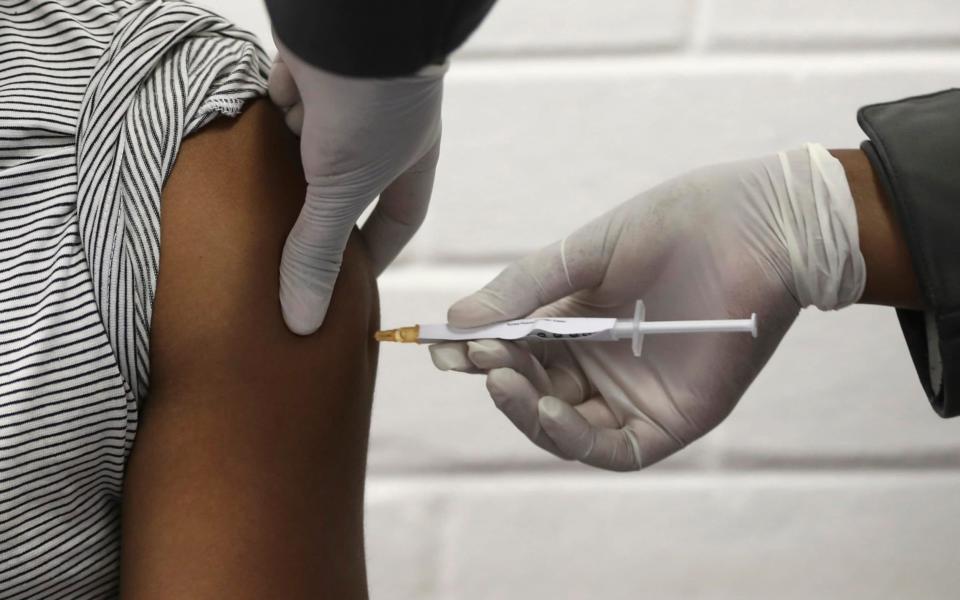Government could face 'tough choices' over Oxford vaccine, former adviser says


The Government could face "tough choices" if the vaccine produced by AstraZeneca and Oxford University is found to be less effective than others, a former Department of Health director of immunisation has said.
Professor David Salisbury said ministers would need to think "very carefully" about their handling of the vaccine if its efficacy was lower than that of other jabs such as those from Pfizer/BioNTech and Moderna.
The UK has already ordered 100 million doses of the AstraZeneca/Oxford vaccine, which is currently being assessed by the Medicines and Healthcare products Regulatory Agency (MHRA) for use in Britain.
But the Government has ordered just 40 million doses of the Pfizer vaccine and five million of the Moderna candidate.
Data from two arms of AstraZeneca/Oxford’s phase three trial, announced last week, gave a combined efficacy of 70 per cent.
A half dose followed by a full dose was found to be 90 per cent effective in protecting against Covid-19, according to a subset of data, but the figure for people given two full doses was 62 per cent.
The 90 per cent finding was based on a dosing regimen given to 2,741 people, while the two dose arm of the trial involved 8,895 people.
Prof Salisbury told BBC Radio 4's Today programme there could be issues if the 90 per cent finding did not hold up under scrutiny.
"If this vaccine came through at truly 90 per cent and it is a cheaper vaccine and it requires much less rigorous cold chain [storage] than the RNA vaccines [from Pfizer and Moderna], then that would be a great result," he said.
"But if it comes through at 62 per cent, and the other vaccines that are coming through so far are 90 per cent, then I think you have to think very carefully what do we do with 100 million doses of a product that isn't protecting as well as the alternatives? I think there are some tough choices."
Suspected North Korean hackers have tried to break into the systems of AstraZeneca in recent weeks, two people with knowledge of the matter told the Reuters news organisation, as the company races to deploy its Covid vaccine.
The hackers posed as recruiters on networking site LinkedIn and WhatsApp to approach AstraZeneca staff with fake job offers, the sources said. They then sent documents purporting to be job descriptions that were laced with malicious code designed to gain access to a victim's computer.
The hacking attempts targeted a "broad set of people" including staff working on Covid-19 research, said one of the sources, but are not thought to have been successful.
The North Korean mission to the United Nations in Geneva did not respond to a request for comment. Pyongyang has previously denied carrying out cyberattacks. It has no direct line of contact for foreign media.
AstraZeneca, which has emerged as one of the top three Covid vaccine developers, declined to comment.

 Yahoo Movies
Yahoo Movies 